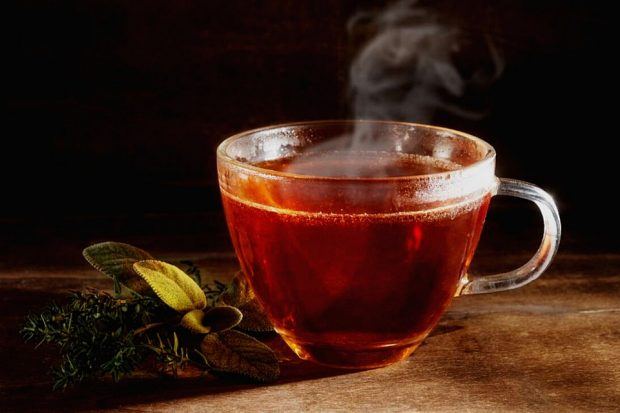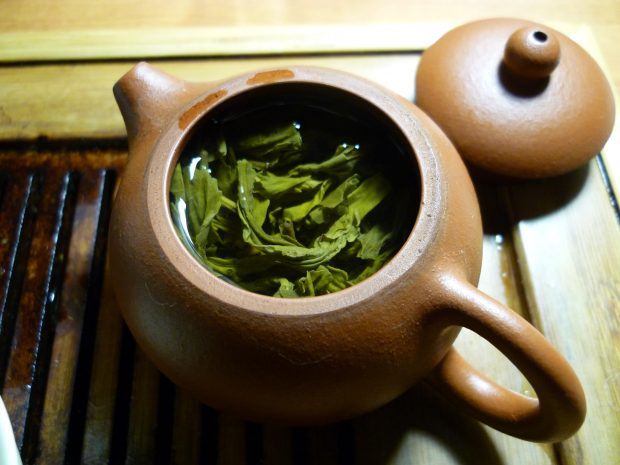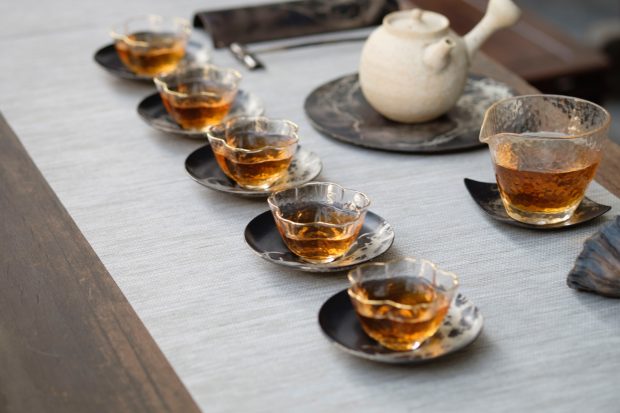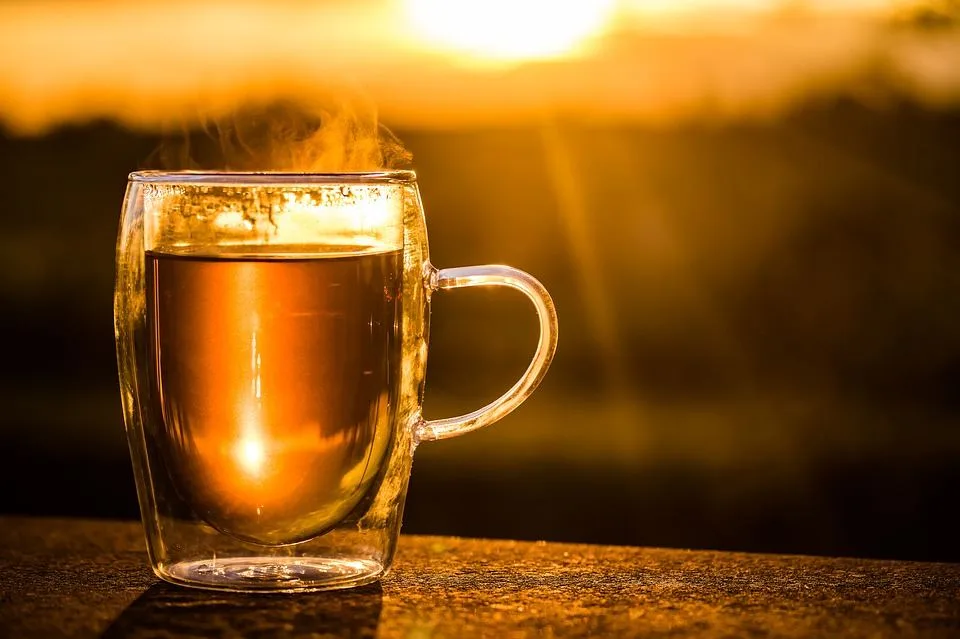Do you enjoy a nice cup of tea in the morning or evening? If so, you’re not alone. Tea is one of the most popular drinks in the world, and for good reason. It’s delicious and refreshing, plus it has a variety of health benefits. But did you know that tea also contains caffeine?
Join us today as we take a look at caffeine in tea and answer some common questions about it. We’ll also provide some tips for brewing tea correctly to maximize its flavor for your sipping enjoyment. Longevity Live Paid Content.
 What Is Caffeine and Where Does It Come From?
What Is Caffeine and Where Does It Come From?
Caffeine is a naturally-occurring substance that is found in a variety of plants, including tea leaves. It’s a stimulant that can help to improve alertness and focus. Caffeine can also have some positive effects on your health, including improved mental and physical performance.
How Much Caffeine Is in Tea?
The amount of caffeine in tea varies depending on the type of tea, as well as how it is brewed. For example, black teas generally contain more caffeine than green teas. And if you brew your tea for a longer period, it will also release more caffeine into the cup.
Do You Need to Avoid Caffeine?
For most people, enjoying tea with some caffeine is perfectly safe. However, if you’re pregnant or breastfeeding, you may want to limit your caffeine intake.
Additionally, if you have any medical conditions that could be affected by stimulants like caffeine, it’s always best to speak with your doctor before consuming it.
How to Brew Tea for Optimal Flavor
Now that we’ve answered some common questions about caffeine in tea, let’s talk about how to brew it correctly for optimal flavor. First, be sure to start with fresh, cold water. This will help to ensure that your tea is properly infused and doesn’t become bitter.
Next, use the correct amount of tea leaves based on the tea you’re brewing. And finally, don’t forget to experiment with different brewing times to find what works best for you.

Photo by Arseniy Kapran on Unsplash
Brewing Tips to Minimize Caffeine Levels
If you’re concerned about the caffeine content in tea, there are a few brewing tips that can help to minimize its levels. First, try using fewer tea leaves when you brew. This will reduce the amount of caffeine that is released into the cup.
Additionally, shorter brewing times will also result in less caffeine. And finally, cold-brewing your tea can also reduce caffeine levels since it extracts less of the substance from the leaves.
The Health Benefits of Tea
We hope you’ve enjoyed learning more about caffeine in tea. While it’s important to be aware of the caffeine content in anything you consume, there’s no need to avoid tea altogether. Tea can be a great way to get some benefits of caffeine without drinking coffee. Tea also has a host of other health benefits, including improved cardiovascular health and reduced stress levels.
The Different Types of Tea and Their Caffeine Levels
Now that we’ve answered some common questions about caffeine in tea, let’s talk about the different types of tea and their caffeine levels. Black teas generally contain more caffeine than green teas. And if you brew your tea for a longer period, it will also release more caffeine into the cup.
Oolong teas fall somewhere in the middle, containing more caffeine than green teas but less than black teas. Herbal teas do not contain any caffeine since they are not made from tea leaves. This makes them a great choice if you’re seeking a caffeine-free option.
Now that you know more about the caffeine content of different types of tea, you can choose the one that’s right for you. And don’t forget to experiment with different brewing times to find what works best for you.

Photo by 五玄土 ORIENTO on Unsplash
Tea FAQs To Brew On
If you have any more questions about tea or caffeine, check out our FAQ section below.
Q: What are the health benefits of drinking tea?
A: Tea has a host of health benefits, including improved cardiovascular health and reduced stress levels. Additionally, some studies have shown that drinking tea may help to improve mental alertness and focus.
Q: Is decaffeinated tea completely free of caffeine?
A: While decaffeinated teas do contain less caffeine than regular teas, they are not completely caffeine-free. For example, a cup of decaffeinated black tea may still contain up to 20 milligrams of caffeine.
Q: I’m pregnant/breastfeeding. Can I drink tea?
A: You should always speak with your doctor before consuming any caffeinated beverages while pregnant or breastfeeding. Caffeine can cross the placenta and enter the bloodstream of the developing fetus. Additionally, it can also be passed through breast milk to infants.
Q: Can I give my child tea?
A: Again, you should always speak with a doctor before giving tea to children, since they are more susceptible to the effects of caffeine. Some doctors recommend avoiding giving caffeinated beverages to children under the age of 12.
Wrapping Up: Tea Gift Ideas for the Holidays
We hope you’ve enjoyed learning about caffeine in tea today. If you’re looking for the perfect tea gifts for the holidays, be sure to check out loose-leaf or gourmet bagged teas. These make great gifts for tea lovers and are sure to please anyone on your list. Thanks for reading and happy brewing.
References
PubMed: https://pubs.acs.org/doi/abs/10.1021/jf021066b
AJOL: https://www.ajol.info/index.php/tjpr/article/view/14660





![women [longevity live]](https://longevitylive.com/wp-content/uploads/2020/01/photo-of-women-walking-down-the-street-1116984-100x100.jpg)









